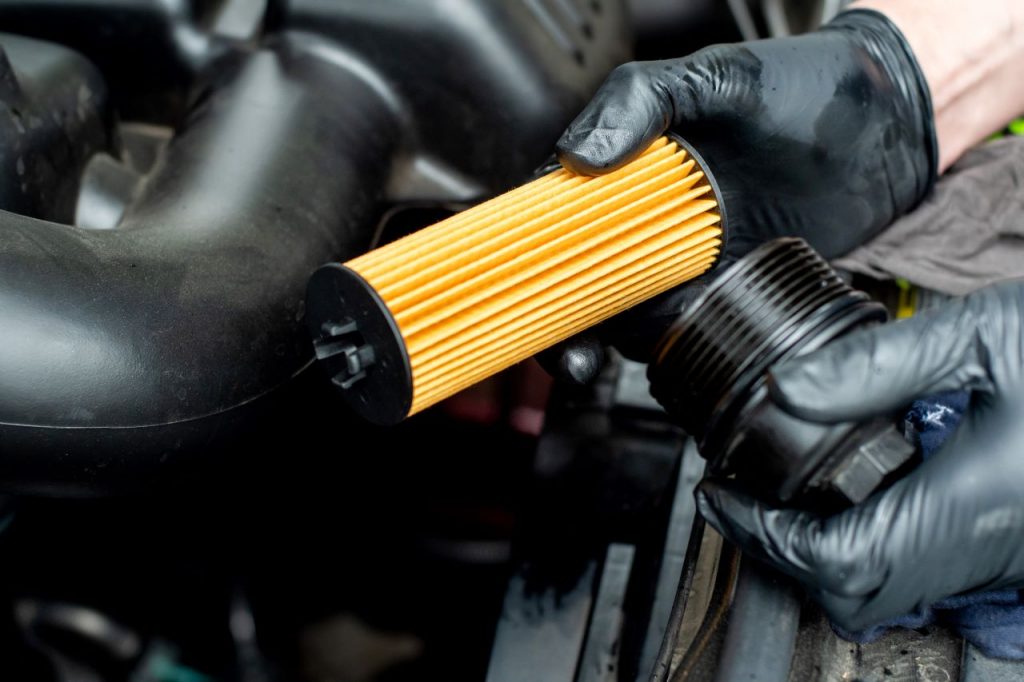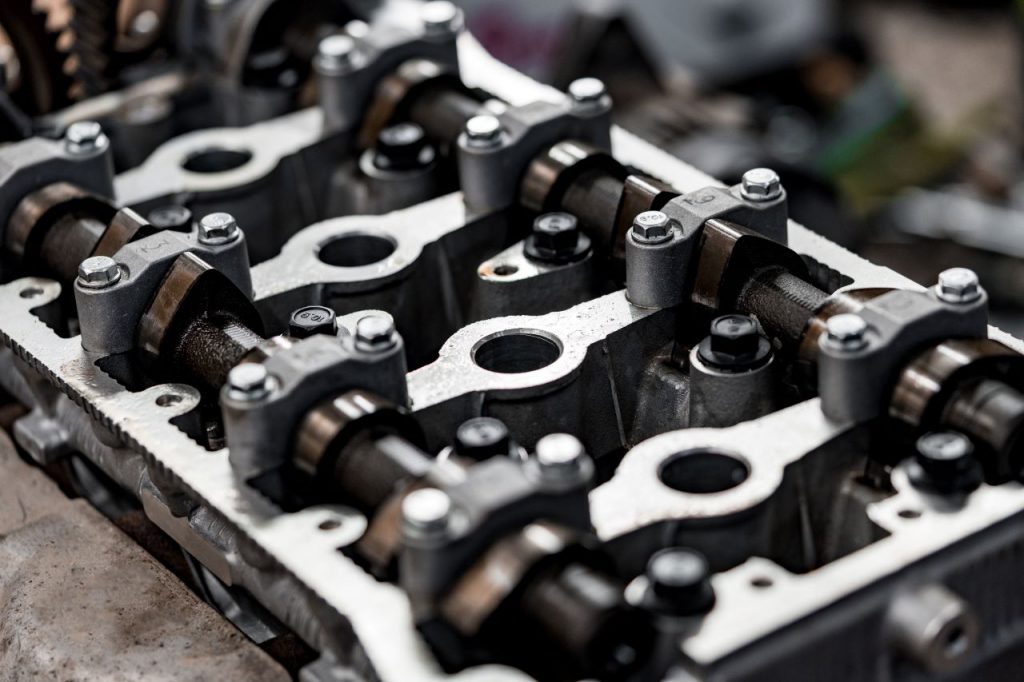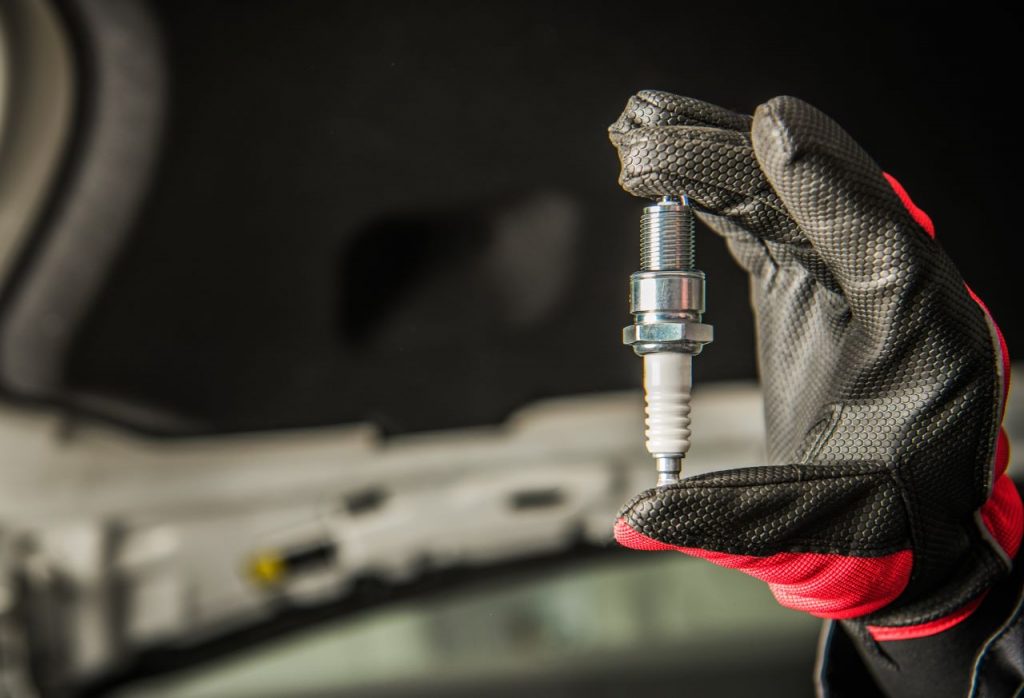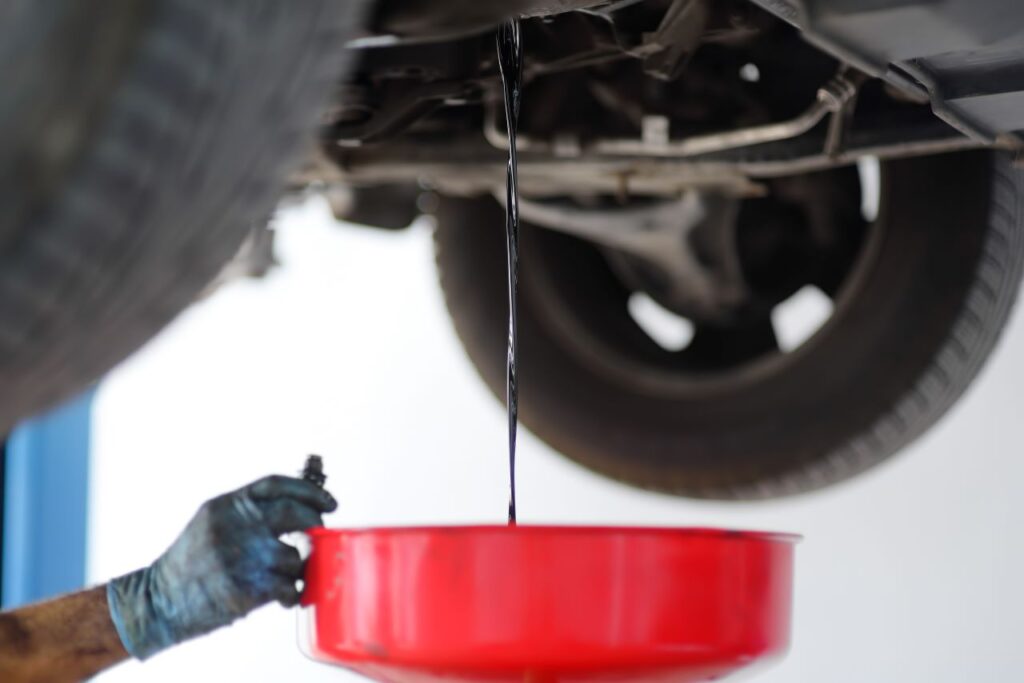Your engine is arguably one of the most important components of your vehicle. Engine oil plays a huge role in ensuring that it functions smoothly, keeps it lubricated and its metal parts free of dirt and debris.
Whilst engine oil is important for the engine’s health, ironically, it can also be one of the major reasons for its damage. Oil leakage, in particular, poses a serious threat to both engine longevity and your vehicle’s overall performance.
Often, a minor leak may not present an immediate threat, however, neglecting it for a long time can put your engine and vehicle in danger. It can quickly deteriorate your engine, leading to costly repairs. What’s worse, is that oil leaks can make your vehicle unsafe to drive, potentially causing loss of control while you are on the road.
For these reasons, it is important to keep an eye out for oil leaks and if you do notice them, fix them swiftly. To help you identify the source of the leak, we will explore the five most common reasons for engine oil leakages.
Let’s get started!
1. Leaking Oil Filter

Engine oil leakages are most commonly caused by a damaged or incorrectly fitted filter. Ideally, you should replace the oil filter every time you refill or replace the engine oil.
That’s why if you notice oil leaking from your engine, especially after a recent oil change, check if the oil filter is in place or if the gasket or o-ring is fitted properly.
In addition to that, the role of an oil filter is to prevent impurities such as carbon residue and metal particles from entering the engine oil. If you avoid changing the oil filter, even after the recommended replacement time, the filter can become clogged with debris, resulting in an oil leak.
2. Faulty Gasket

Gaskets, also known as mechanical seals, are fitted to block the space between vehicle components to stop leaking, so, it doesn’t come as a surprise that they offer multiple potential locations for engine oil leakages. Your engine consists of multiple gaskets and these deteriorate over time, paving the way for an oil leak.
If you notice oil leaking from your vehicle, either internally or externally, it could be due to one of the following gaskets – valve cover, cylinder head, timing cover or an oil pan gasket.
If you are not experienced enough to identify which of these gaskets is damaged or worn out. Be sure to schedule an inspection with a skilled technicians at In Town Automotive to diagnose the issue and rectify it quickly.
3. Worn-Out Seal
In addition to gaskets, there are numerous seals in your vehicle, which keep the oil in its intended place and prevent it from dropping out of the engine. A loose or faulty crankshaft or camshaft seal might be a probable reason for engine oil leakage.
Crankshaft seals found at both ends of the crankshaft are important components of your car’s engine. However, with time these seals wear out, get damaged, or crack, resulting in leaks. Small leaks usually cause the oil to accumulate beneath your engine, whilst with a larger leak you will notice oil dripping either at the front or rear of your engine.
Additionally, engines with timing belts usually experience camshaft seal leaks. Oil pooling under your vehicle or smoke coming from the engine are typical signs of such leaks.
Diagnosing issues with both the camshaft seal and crankshaft seal can be difficult to do on your own, so it would be best to rely on the expertise of seasoned technicians, like the ones at In Town Automotive.
4. Loose Drain Plug

Every time you replace your engine oil, you typically need to remove the drain plug to empty the old oil from the engine. The repeated process of threading and unthreading the drain plug can cause it to loosen over time.
Additionally, most drain plugs come with a gasket or seal that can wear out over time. Nevertheless, both of these issues are very easy to fix. If you notice the drain plug wasn’t tightened thoroughly after your last oil change, make sure it is properly tightened.
If that still doesn’t stop the oil from leaking, replacing it with a new one may be the solution, although we always recommend taking it to a professional.
5. Damaged Oil Pan
The oil pan is positioned underneath your vehicle, making it an easy target for damages caused by knocks and bumps, road debris or driving at a high speed over a speed bump. When this happens the oil pan can become cracked or punctured leaving holes in it, which in turn can lead to engine oil leakage.
Additionally, a dented pan can also compromise the seal created by the drain plug, causing oil to drip from the drain plug. If you suspect a large oil leak, leaving pools of oil beneath your vehicle, there is a high chance that your oil pan has been damaged.
However, if you are not sure about the source of the leak, you can bring your car to In Town Automotive for inspection. We will conduct a thorough examination, identify the cause of the leak and execute the necessary repair.
Visit In Town Automotive to Efficiently Deal with Engine Oil Leakages
Keeping an eye out for oil leaks and addressing them promptly will help you ensure your vehicle stays healthy. However, sometimes identifying and fixing these issues is not easy, so it is best to consult a reliable technician.
At In Town Automotive, our experienced technicians have the skills to conduct thorough checks and repairs to your vehicle. If you live in or around Northampton, contact us to keep your vehicle safe and maximise it’s life span.
We also offer a variety of car servicing and repairs for your air-con, brakes, cambelts, and more. Additionally, if you’re due for an MOT, we’ve got you covered! No matter what you need, you’ll find it all right here!
To learn more about us, check out our services or contact us to book an appointment today!


